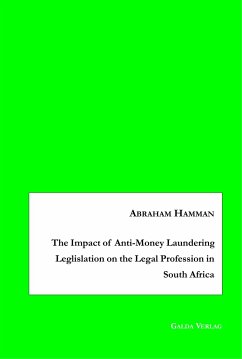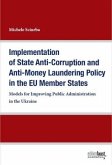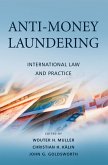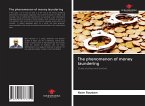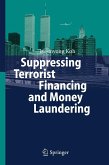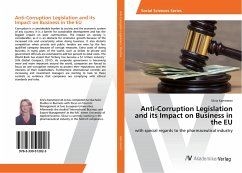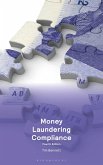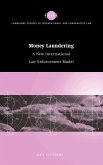This work investigates the legislative measures employed in South Africa to combat the implication of lawyers in money laundering schemes. Criminals make use of sophisticated technological means to transfer money and launderers routinely approach lawyers to assist them in their illegal endeavours. The study considers South Africa's efforts to fulfil its international anti-money laundering obligations whilst upholding the criminal procedural rights guaranteed in the Constitution. Unfortunately, in its quest to combat money laundering, Parliament did not consider seriously enough the position of lawyers and took the easy option of criminalising fees paid with tainted funds, as well as the non-submission of suspicious transaction reports (STRs) and cash transaction reports (CTRs). As a result, the South African legal profession is saddled with unacceptable constraints.
Hinweis: Dieser Artikel kann nur an eine deutsche Lieferadresse ausgeliefert werden.
Hinweis: Dieser Artikel kann nur an eine deutsche Lieferadresse ausgeliefert werden.

